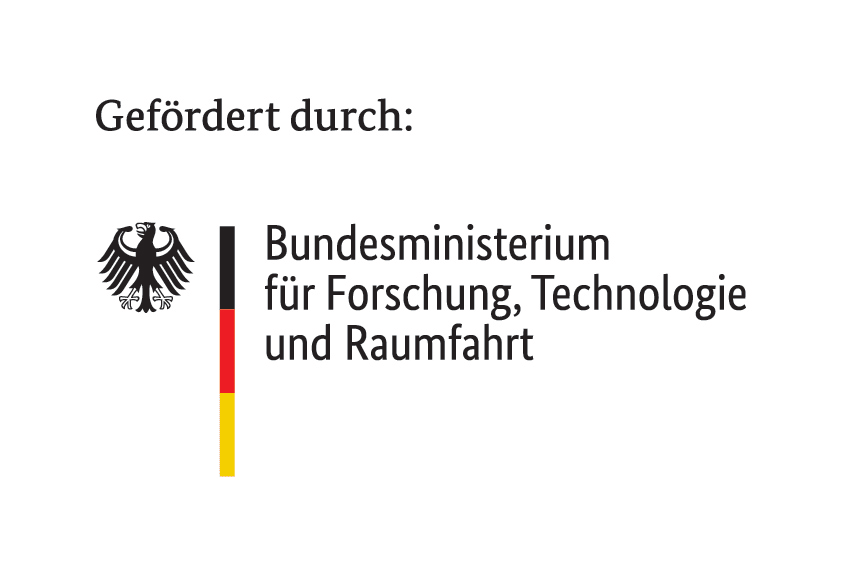“Many people want to be able to stay in their familiar home for as long as possible. With BIM-4-CARE, we are using modern AI technologies to develop a platform that integrates knowledge and experience from care practice directly into housing planning,” says Christian Walter, project manager in the BIM-4-CARE project.
BIM-4-CARE is being implemented together with the Assisted Working and Automation (AWA) research group at Darmstadt University of Applied Sciences under the direction of Prof. Dr.-Ing. The aim of the project is to develop an intelligent planning tool that uses digital technologies and networked data exchange to support all those involved in realistically assessing living situations and redesigning them for the future. It takes into account individual restrictions, needs and potential disease progression and plans ahead.
The new demonstrator
The project’s new demonstrator shows what this could look like in the future. As a digital navigation tool, it uses a short questionnaire to create specific recommendations for adapting living space. This questionnaire, which was designed together with care companies, asks for information on the level of care, mobility and state of health.
The integrated AI analyzes this data and uses it to create an individual action plan. The recommendations for action range from structural measures such as widening doors, stair lifts or removing thresholds to everyday adaptations such as grab rails, lighting or assistance systems.
Networked planning of care-friendly living spaces – an outlook
The information is still entered manually, but in the long term the demonstrator is to become part of a fully networked planning system. In future, all relevant information – from structural conditions to health statuses and care needs – will be automatically linked via the SmartLivingNEXT data room. The AI-supported evaluation of all available data will make it possible to analyze a large pool of possibilities and generate individual recommendations for action.
You can try out the demonstrator on this website: https://smartepflegeassistenz.de/
